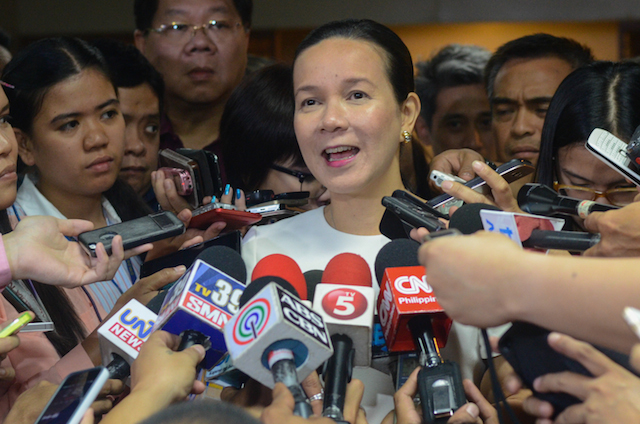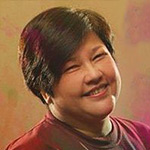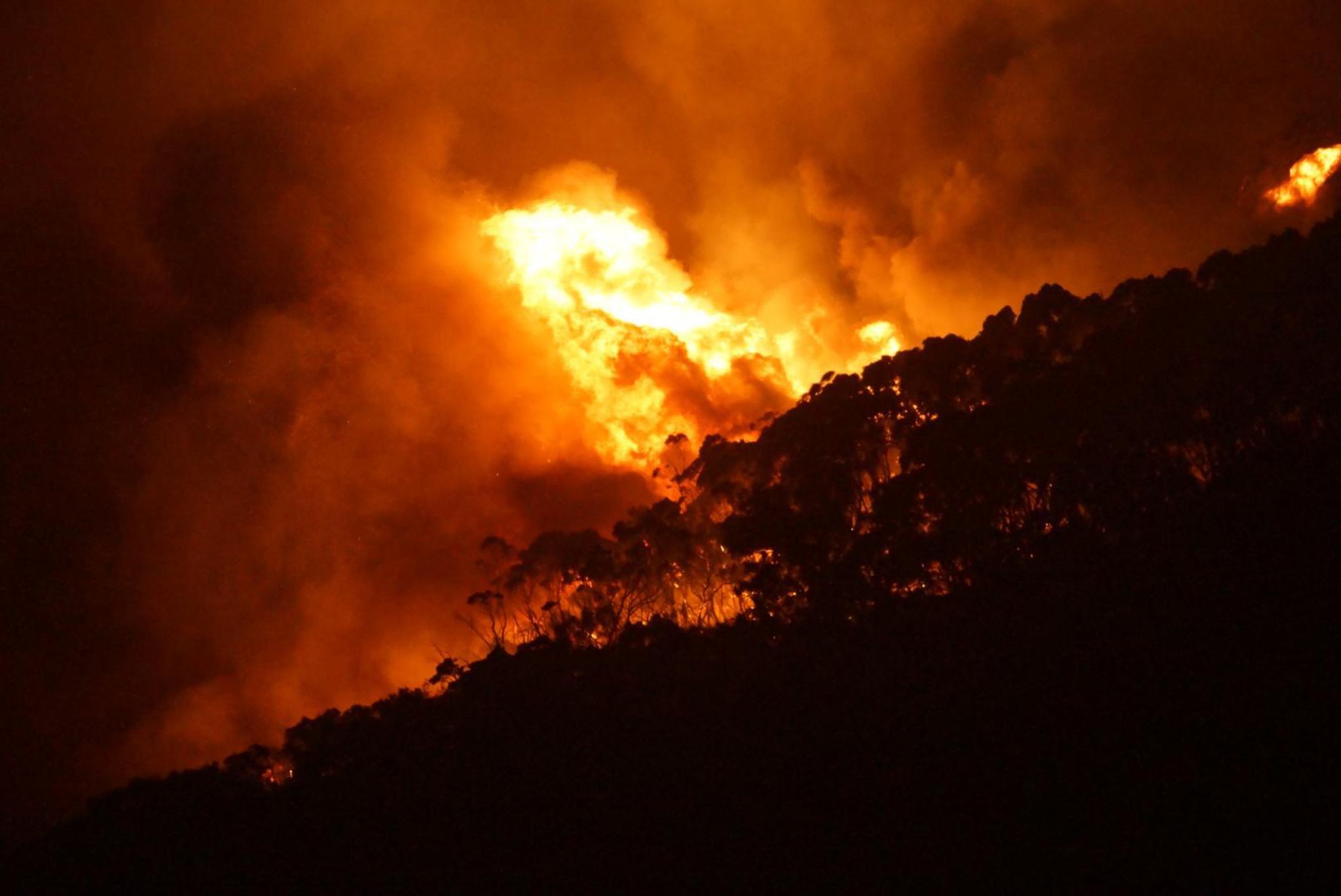 Expect it all in Paris: furious environmental and human rights activists, red-eyed negotiators spewing strong words; long nights, even longer protests; a cacophony of promises, pleas and prayers.
Expect it all in Paris: furious environmental and human rights activists, red-eyed negotiators spewing strong words; long nights, even longer protests; a cacophony of promises, pleas and prayers.
The 21st Conference of Parties or COP21 in Paris in 2015 signaled the penultimate moment for the world to deliver a new climate agreement that will exhort both developed and developing countries to cut their emissions and invest aggressively on adapting to climate change and switching to renewable energy.
Paris is not the end all and be all of climate change action. It is, no doubt, an exciting time for journalists, bloggers and communicators to write and report about, but the story does not end there. (READ: #AnimatED: Beyond Paris)
I used the word “penultimate” in describing Paris because while is it indeed a watershed episode in climate change history, it is just a springboard to uncovering and realizing the bigger picture of the fight against climate change. The goal still remains: seeing governments, members of the private sector, civil society and communities work together in creating programs and policies that will save lives and generations from the consequences of a warming world.
But how does Paris figure in this? Here’s the continuation of the climate change narrative: the end of 2015 should be treated as a vital invitation for people to link COP21 to realities on the ground.
Inspecting the INDCS
Media should track the implementation of the intended nationally-determined contributions or INDCs submitted by different countries.
The INDCs outline what each country aims to do to cut their greenhouse gas emissions and to adapt to climate change. Since both developing and developed countries pledged to do something, check if they are taking steps to deliver on their word.
This is crucial because the INDCs also cover the assistance and support that industrialized countries must provide to developing countries in order for them to mitigate and adapt effectively to climate change. What are the challenges, the constraints, the gaps, gains and pains?
There should be laser focus on the specific actions that the countries vowed to take. “The media should pay attention to how nations and others follow through on their commitments,” Andrew Kolb, senior director for content at the Conservation International said. This includes a careful examination and incisive analysis of the policies and programs that governments have developed to meet their commitments.
There is guidance on the targets, as the INDCs have been envisaged to detail the base year, time period, percentage of national emissions, sectors and gases covered and contributions. This is a goldmine of information as journalists could scrutinize the particular agencies and actors in each sector and assess the level and pace of progress that each has attained in meeting the national commitment in the INDCs. Ask the important questions – are they on track? Why or why not? What institutions are doing their job, what are those that have encountered more difficulties in doing so?
Two things that that have to be noted: mitigation was initially the crux of the INDCs, but since COP19 in Warsaw, Poland, there has been a strong push from developing countries to also include adaptation. This means a separate set of targets to be monitored. Second, while INDCs must be ambitious, they should also be reflective of the different capacities and needs of each country, hence the emphasis on having them crafted within the context of national circumstances. These two points illumine one of the next big subjects that must be closely covered after Paris: finance.
Keep an eye on the money
Developed countries have the responsibility to extend financial assistance to developing countries to enable them to develop, acquire and maximize the technology necessary to reduce their emissions and adapt to climate change. The former also have to compensate the latter for loss and damage from climate change.
The major climate financing mechanism within the UNFCCC is the Green Climate Fund (GCF), which surpassed its capitalization target of $10 billion in 2014. By 2020, countries have promised that the GCF will have $100 billion a year. It is worth watching who will give what and how much.
When it comes to finance, this is one question everyone should be asking: “Are countries on course to meet their international commitments of mobilizing funding for climate change?” said Jonah Busch, a research fellow from the Center for Global Development.
Segfredo Serrano, agriculture undersecretary in the Philippines, stressed that outside of pledges from countries though, climate finance will also be sourced from “private funds especially [from] the big corporations and businesses.” The GCF has also looked at proposals to crowdfund or source money from small investors and tap affluent individuals.
Aside from the GCF, another climate finance instrument within the UNFCCC is the Adaptation Fund (AF), whose board has been urged by members of G77 and China – the largest negotiating bloc in the UNFCCC composed of developing countries - to apply for accreditation under the GCF. The AF, which was made operational in 2009, mainly sourced its funds from a 2 percent share of proceeds of Certified Emission Reductions (CERs) from the Clean Development Mechanism. The CDM allows developed countries to purchase carbon offsets, but carbon prices have took a plunge, limiting funding for the AF. AF showed the importance of diversifying sources, a lesson that could be applied to other financing vehicles.
The media should look at these different channels of money, assess if this mix is balanced (is the private sector giving more money than the governments?), report on the evolution of financing mechanisms and last but definitely not the least, probe where the money is going and how it is being used.
Prioritize pre-2020
But one need not even look at a trajectory of 10 or more years after COP21. Pre-2020, or the period before the new global agreement takes effect, is a crucial time for dissecting the mitigation, financing and adaptation strategies of both public and private actors.
Countries would have to find effective ways to narrow the “ambition gap” for emission reductions from 2015-2020 in order to strengthen the foundation for the new climate agreement. The “ambition gap” is the result of not having emission reduction commitments from countries that are significant or “ambitious” enough to prevent global temperature from going beyond the 2°C threshold. Be especially mindful on how major carbon dioxide emitters - may these be industrialized countries like the United States and Japan or expanding economies like China and India – will address this.
“What are the plans by countries and the UNFCCC to close this gap in the near-medium term?” Busch raised. The media should focus on this concern with the same vigor and vigilance that they would in covering COP21 and post-2020.
People and political will
There would be understandable interest on what will happen to the direction, design and most importantly, purpose of the UNFCCC climate talks after COP21. “There will still be outstanding issues that need to be resolved by the COP in the next five years but they would be more technical,” Dean Tony La Viña, a climate change negotiator from the Philippines, said. “The most contentious increasingly would be in climate justice issues, like the loss and damage mechanism, as countries experience more climate related disasters.”
Keep in mind that the climate change negotiations though would proceed within the larger context of achieving climate justice, so look at its evolution in congruence with changes in the intersection of science, policy and governance. The locus of this intergenerational subject is definitely not just about the future of the UNFCCC. La Viña, for one, emphasized that the heart of media coverage after COP21 should be the people who are at the “frontlines of climate change, both the experience of it as well as adapting and mitigating it.”
This only proves that the media should vigorously carry out its watchdog function when reporting about climate change, post-Paris. Whatever aspect or component of climate change action journalists would zero in – may this be renewable energy, emission reductions, markets, money, adaptation in agriculture and other sectors – the focus should be on the people who will be affected by these steps, on the lives that they will change. Make governments and leaders accountable - from the grassroots level, to the national plane, to those who made promises in a global scale.
The challenge of communicating climate change after Paris will be to capture the importance of people and political will. We did not hit a cul-de-sac after Paris. We’re looking at the next chapter.
So stay alert. The story goes on. – Rappler.com
The author is a former reporter of Rappler. In 2013, she started working as a communications specialist under the environmental cluster of the Ateneo School of Government. Since then she has participated in the UN climate change negotiations as an adviser and eventually a member of the Philippine delegation.
 Last month, the thin veneer of solipsism I used to feel in watching the news was shattered.
Last month, the thin veneer of solipsism I used to feel in watching the news was shattered.
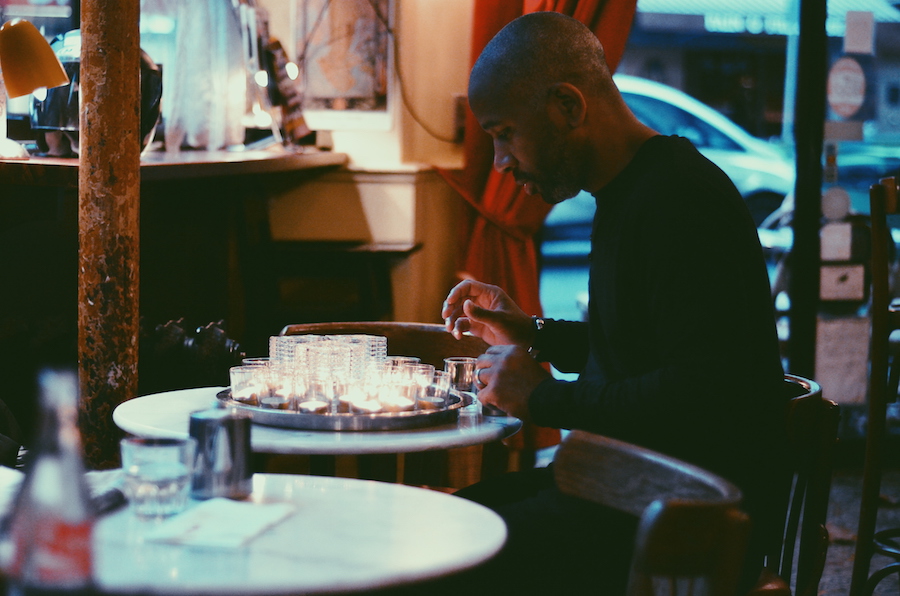
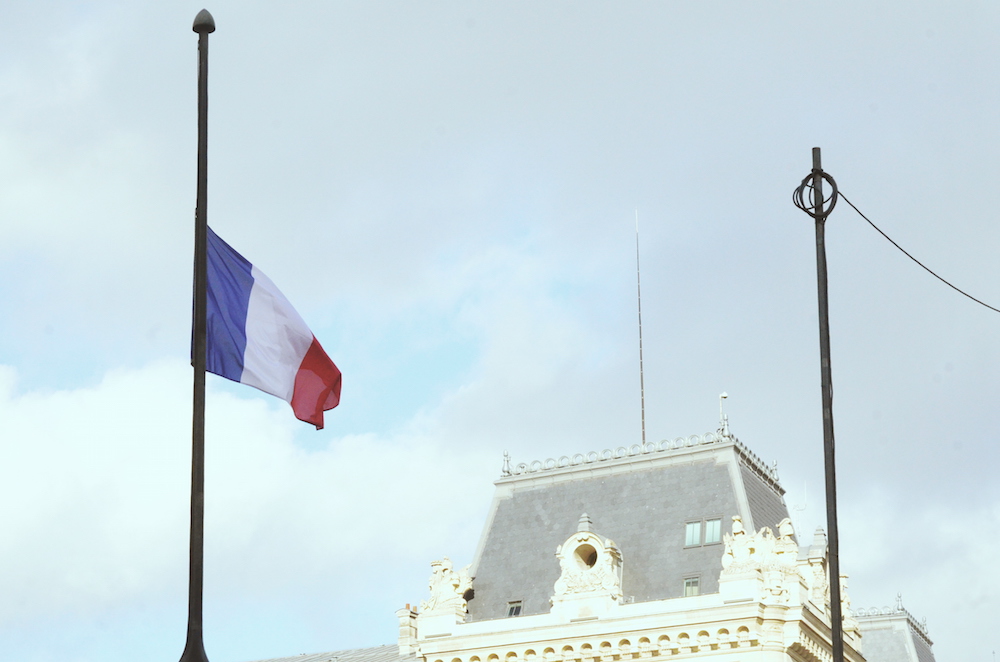
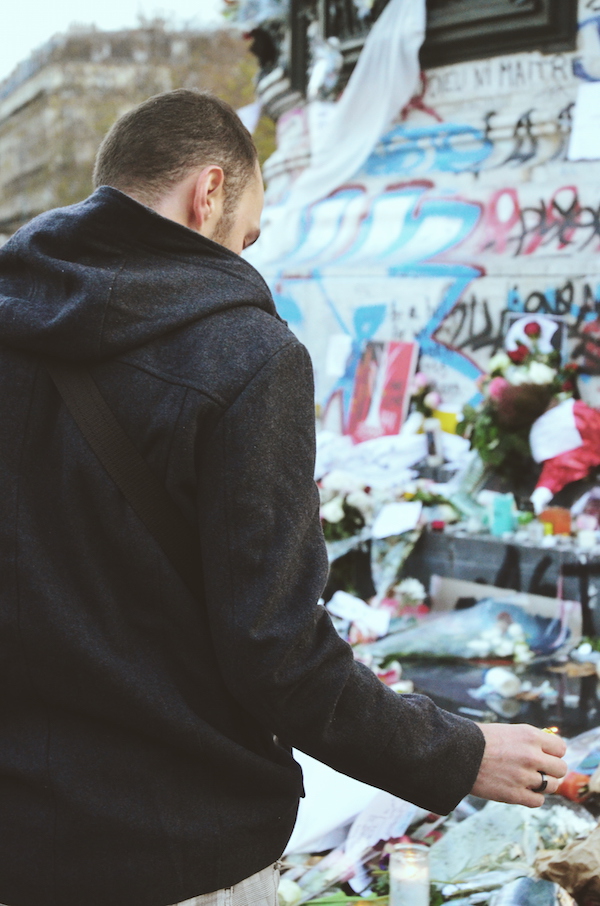
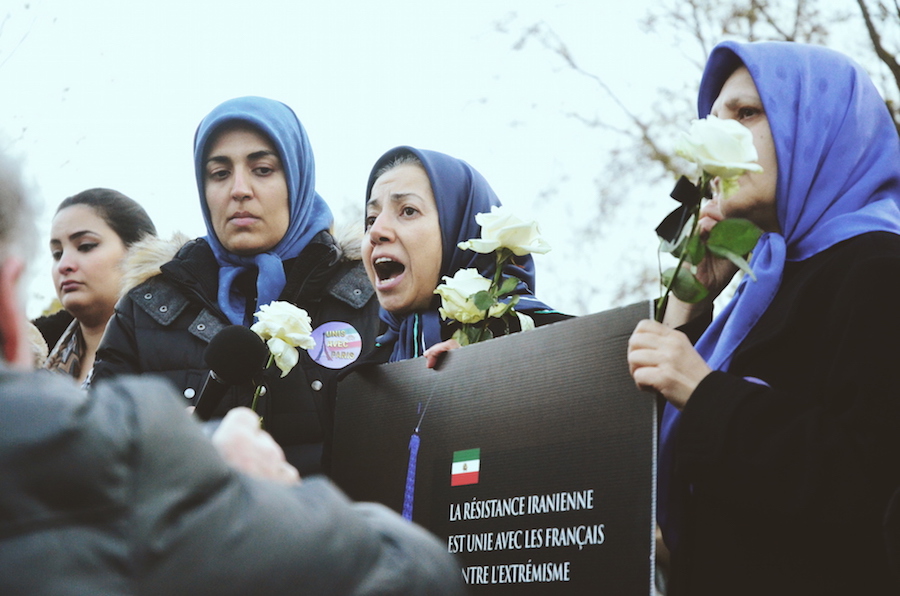
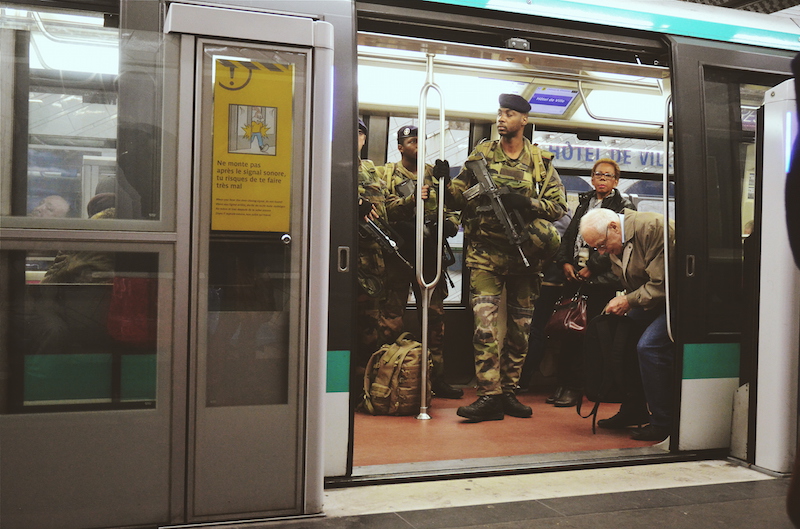


 MANILA, Philippines – The
MANILA, Philippines – The 
 Sans the entertaining word wars between presidential candidates and the hilarious trolling and counter-trolling on social media between their fervent devotees, the 2016 elections pre-campaign season in the Philippines is actually showing signs of emergent intellectual discourse.
Sans the entertaining word wars between presidential candidates and the hilarious trolling and counter-trolling on social media between their fervent devotees, the 2016 elections pre-campaign season in the Philippines is actually showing signs of emergent intellectual discourse. 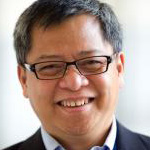


 “Are you an evangelist for the Philippines?” a Latin American scholar asked Professor Benedict Anderson in one event in that part of the world.
“Are you an evangelist for the Philippines?” a Latin American scholar asked Professor Benedict Anderson in one event in that part of the world.
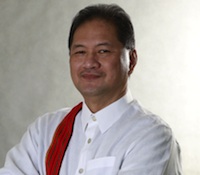 John Rawls, the most prominent contemporary philosopher of justice, once wrote: “Each person possesses and inviolability founded on justice that even the welfare of society as a whole cannot override. For this reason, justice denies that the loss of freedom for some is made right by a greater good shared by others. It does not allow that the sacrifices imposed on a few are outweighed by the larger sum of advantages enjoyed by many.” For Rawls, in a society where justice reigns: “the liberties of equal citizenship are taken as settled; the rights secured by justice are not subject to political bargaining or to the calculus of social interests.” He concludes. “Being first virtues of human activities, truth and justice are uncompromising.”
John Rawls, the most prominent contemporary philosopher of justice, once wrote: “Each person possesses and inviolability founded on justice that even the welfare of society as a whole cannot override. For this reason, justice denies that the loss of freedom for some is made right by a greater good shared by others. It does not allow that the sacrifices imposed on a few are outweighed by the larger sum of advantages enjoyed by many.” For Rawls, in a society where justice reigns: “the liberties of equal citizenship are taken as settled; the rights secured by justice are not subject to political bargaining or to the calculus of social interests.” He concludes. “Being first virtues of human activities, truth and justice are uncompromising.”